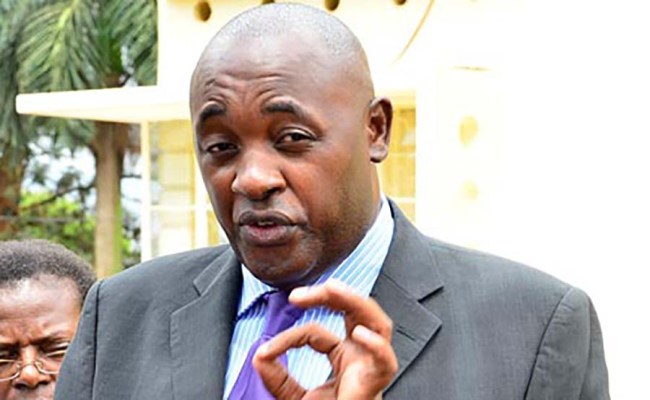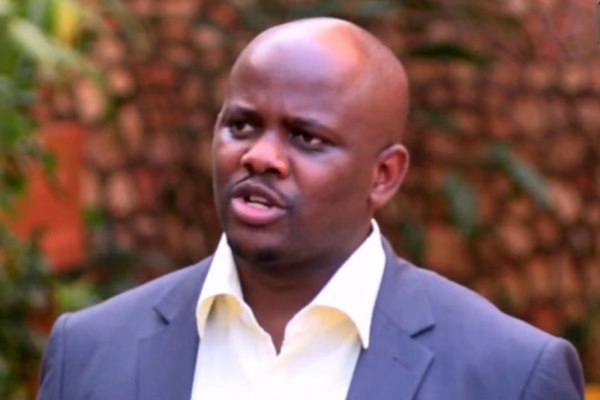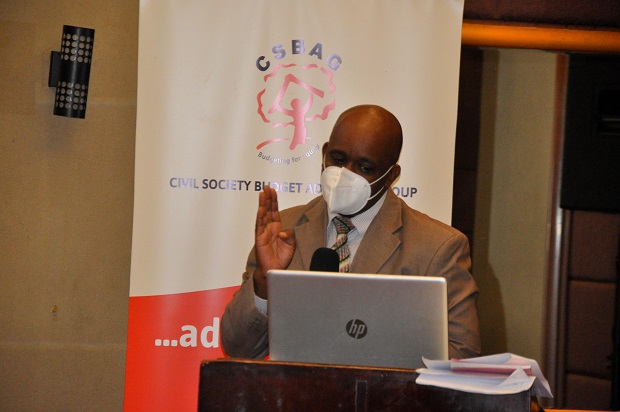Energy Minister, Ruth Nankabirwa.
The Energy, and Mineral Development Minister, Ruth Nankabirwa, has revealed the Uganda is set to generate at least 1,000 Megawatts of nuclear energy come 2031.
Uganda has a nuclear potential of up to 24,000 Megawatts. “We are looking at 50 percent renewable energy use, 40 percent of which is going to be nuclear,” said Nankabirwa during the National Renewable Energy Conference at Speke Resort Munyonyo. She revealed that nuclear energy is among the alternative energy sources the government is focusing on in it’s grand plan of scaling up renewable energy use in the country.
She noted that Uganda is working with the International Atomic Agency in the development of this resource strictly for energy use.
Uganda has an ambitious target of delivering clean energy for all by 2040 with at least 80 percent connected to the grid. Over time, distributable renewables, have been pivotal in Uganda’s electricity supply systems, supported by the advanced technology around the mini grids and smart grids.
The minister revealed that government secured a USD 368 million loan from the World Bank for electricity distribution across the country,l. This will see over 1 million new connections to the grid.
Irene Batebe, the Permanent Secretary Ministry of Energy and Mineral Development said that as a sector they are focused on the generation Transmission and distribution of electricity. She added that the clean energy transition by the Ministry of Energy is slowed down by a lack of adequate funding.
She also noted the problem of technical capacity gaps in the government and the private sector to manage the repair of renewable energy products like solar panels among others.
Civil society stakeholders, while acknowledging the government’s ambition in nuclear energy, urge a comprehensive approach to the renewable energy transition.
Ivan Tumuhimbise, Country Director of the World Wide Fund for Nature, emphasized the need for a review of the tax regime on renewable energy products, including batteries and connection facilities. Such measures, he argued, would enhance accessibility and incentivize investment in renewable energy for domestic and commercial use.
Tumuhimbise also noted that about 90 percent of Uganda’s households depend on biomass for cooking, which makes it the key driver of environmental degradation.
To stop the practice, he urged government to come up with deliberate interventions specifically designed to stop the use of biomass by creating alternative sources of cooking energy for all this chunk of the population.
He advocated for innovations in clean energy and policies on agriculture, forest, and other land uses. He said that there is a need to invest in renewable energy that enables the transformation of agriculture so that the land is not degraded highly.
As Uganda aims for nuclear energy integration by 2031, stakeholders emphasize the importance of inclusive policies, financial support, and strategic interventions to ensure a sustainable and accessible transition to renewable energy.
-URN





